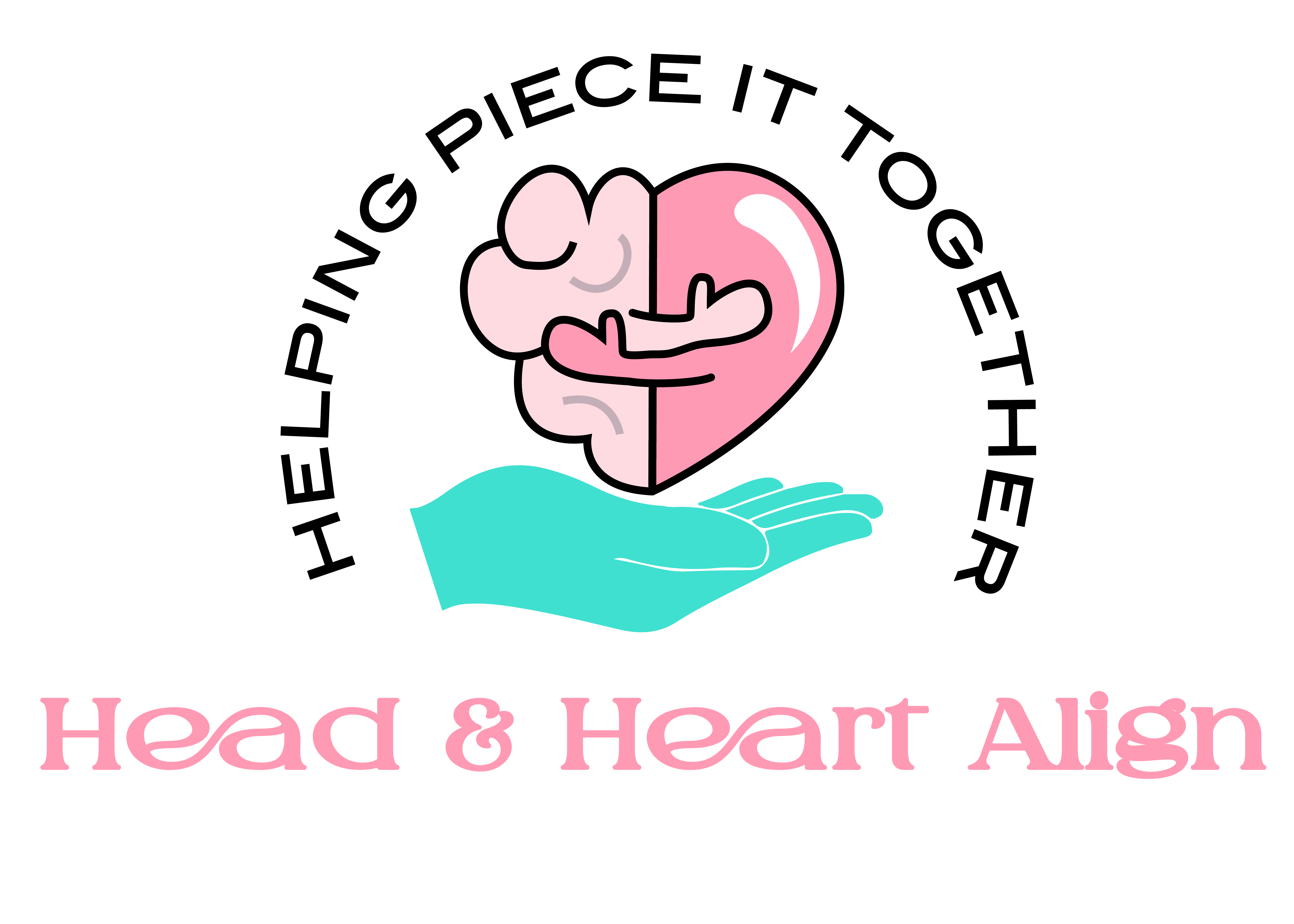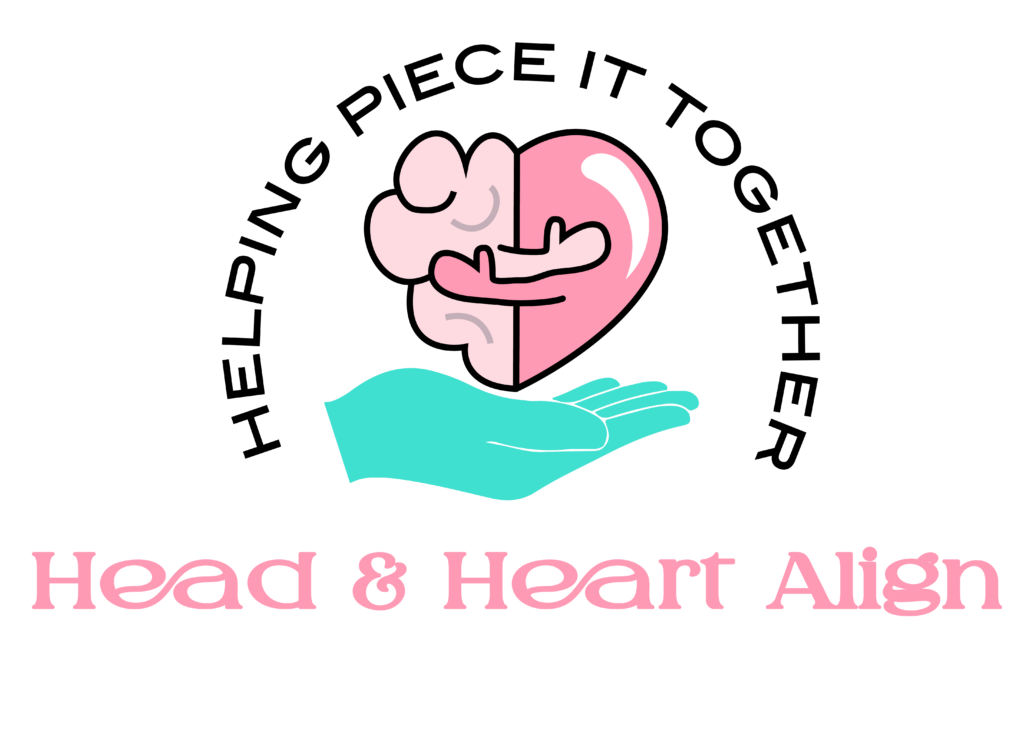Additional Resources!
Additional Resources!
Additional Resources For Your Help!
National Alliance on Mental Illness (NAMI)
The NAMI website contains a wealth of information for the public, including videos, blogs, articles, and resource connections. Sometimes we worry about the people we care about and wonder, “Is this behavior off, or is this their normal behavior?” It’s not always easy to answer these questions.
NAMI provides resources and shares the common signs of mental illness, ranging from anxiety to ADHD to schizophrenia and more. While this website does not provide a diagnosis, it helps the public become better informed. Counselor Steve found the information on NAMI very helpful, leading to more informed decisions regarding mental health.
Psych Central
Psych Central offers blogs with practical mental health applications searchable by disorder. These blogs provide education on living with mental health conditions, personal stories, and resources for finding support.
Counselor Rashada found the article Black Women and Depression eye-opening, as it discusses research on stigmas and stereotypes preventing Black women from seeking help.
Psych Central also offers self-administered quizzes to help users assess their symptoms. Please note: These quizzes are not meant to diagnose but to help users make informed decisions about seeking help.
Verywell Mind
Mental health experts collaborate on Verywell Mind to create easily accessible, evidence-based information.
Recommended Articles
Lynne Kilgore, LPC-S, found two articles particularly helpful:
How to Get Better at Dealing With Change by Kendra Cherry explores tips for adapting to change, including preparing yourself, changing thought patterns, maintaining routines, and finding support.
Worry Time: The Benefits of Scheduling Time to Stress by Sanjana Gupta discusses how to schedule time for worries and transition out of them effectively.
Counselor Lynne has introduced these techniques to clients, with many reporting them to be helpful in managing stress and anxiety.
HelpGuide
HelpGuide is a nonprofit organization dedicated to providing accessible information about mental health and related resources.
GoodTherapy
GoodTherapy aims to educate, empower, and connect individuals with mental health professionals. One unique aspect of this website is its focus on challenging stereotypes and myths in mental health.
Child Mind Institute
The Child Mind Institute is a great resource for understanding child and adolescent mental health concerns. The site provides easy-to-read, practical information on various disorders and coping strategies.
Counselor Maegen recommends this website to parents, helping them better support their children’s mental health.
Kids Mental Health Info
Kids Mental Health Info offers support and educational resources for parents navigating their children’s mental health journey. This platform provides information on different conditions and guidance for working with therapists.
Calm Sage
Calm Sage is packed with self-care tips and wellness strategies for daily life. It provides a space for users to explore self-care techniques and share their thoughts on mental health topics.
Counselor Steve found one tip particularly helpful:
“It’s okay to laugh without any reason or have fun without any reason. Allow yourself to laugh openly and forget your worries.”
ADDitude
ADDitude is a leading resource for ADHD-specific information, offering practical advice, articles, and expert insights.
Choosing Therapy
Choosing Therapy simplifies the therapy process, offering information about:
Different types of therapy
What therapy involves
What to expect in sessions
Counselor Rashada found the Find A Therapist feature very supportive, as it provides filters for appointment availability and accepted payment methods—helping to remove barriers for clients seeking care.
More Information on Mental Health & Technology
Federal Resources for Mental Health Support
Several federal agencies offer tools to help you find mental health professionals:
Substance Abuse and Mental Health Services Administration (SAMHSA) – Helpline and online locator for mental health services
Centers for Medicare & Medicaid Services (CMS) – Online tool for finding Medicare providers
U.S. Department of Veterans Affairs (VA) – Tool for locating VA mental health services
National Organizations
Many advocacy and professional organizations provide directories or locators to help you find a provider. View a list of organizations that offer these resources.
How to Choose the Right Provider
Finding the right mental health professional is important. Prepare a list of questions to help determine if a provider is a good fit:
What experience do you have treating someone with my issue?
How do you usually treat someone with my issue?
How long do you expect treatment to last?
Do you accept my insurance?
How much will treatment cost?
Find more tips for talking with a health care provider.
Your Treatment, Your Choice
Effective treatment requires a good relationship with your mental health professional. If you have concerns about your care, talk with your provider. If you feel the treatment isn’t helping, consider exploring other providers or different treatment options.
Take the First Step Toward Better Mental Health
Book an Appointment
Your well-being starts with a conversation. Whether you’re seeking support for yourself or a loved one, we’re here to help. Schedule an appointment today and take the first step toward a healthier mind and a better life.

